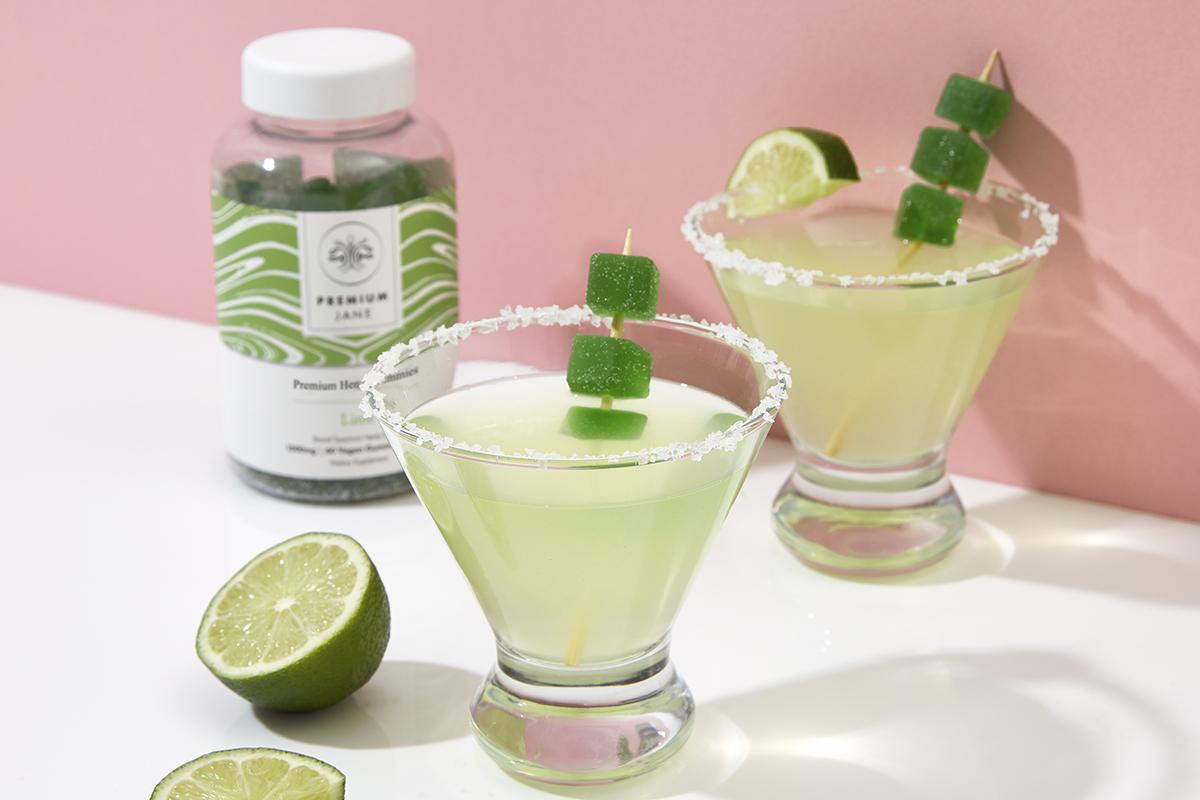Gut health is surprisingly important for your general health and wellbeing. In fact, it has a knock-on effect on other parts of your health, including your mental state and stress levels. Some scientists have even dubbed the gastrointestinal tract as the body’s ‘second brain’ because of the strong influence it can have on our feelings and emotions.
There are around 100 million neurons in the 30-foot long tract, and these neurons carry information from the gut right to our brain. We also have a large portion of the 40 trillion bacteria in our bodies concentrated into the intestines; this is healthy bacteria that plays a large role in keeping us healthy.
As you can see, the gut is actually extremely important in keeping our body healthy.
Eating Right
The gut bacteria we have all prefer different types of foods. Naturally, this suggests that eating a range of food in order to satisfy the needs of all the different bacteria, will help to keep our intestines healthy. Most people in the Western world have a diet that is very high in sugar and fat, which is not really that good for our gut. In fact, it has been proposed that gut microbiota diversity is greater among people from rural areas of Africa and South America, rather than those from Europe, the USA, or Canada.
In your varied diet, you should be eating a lot of plant-based foods. Fruits and vegetables are the best sources of nutrients for a healthy gut. This is because they contain a lot of fiber, which we all know benefits the digestive system. In fact, a study has found that vegetarian diets lead to reduced levels of disease-causing bacteria. However, it must be noted that vegetarians tend to lead healthier lifestyles than omnivores, which makes it unclear whether this is related to meat consumption. Regardless, plant-based foods are good for your gut.
Grains are also very good for gut health — whole grains in particular. They are broken down in the large intestine by microbiota, and can stimulate the growth of beneficial bacteria.
Food that is rich in polyphenols can also be beneficial for gut health. Polyphenols are plant compounds that can have a positive impact on your health due to their ability to reduce blood pressure, inflammation, cholesterol, and oxidative stress. Good sources of polyphenols include:
- Dark chocolate
- Red wine
- Grape skins
- Green tea
- Almonds
- Onions
- Broccoli
Finally, fermented foods can be excellent for your gut. While this might sound gross at first, fermented foods are simply those altered by microbes. They include the likes of yogurt, kimchi, sauerkraut, and kombucha. These foods all contain beneficial microbes that can help to balance out gut bacteria. (However, it is worth noting that many yogurts contain sweeteners and sugars, which can actually harm your gut health).
Artificial sweeteners such as aspartame can increase blood sugar and impair insulin response. This can result in changes in the microbiota, which can harm the gut (another reason why you should try to avoid artificial sweeteners in the pursuit of gut health).
Taking Probiotic Supplements
It is possible to buy Patented Detox Supplements and probiotic supplements in many supermarkets nowadays. These are live microorganisms (bacteria) which provide specific health benefits. Usually, the microorganisms don’t permanently colonize the intestines, but they can change the overall composition of microbiota and support metabolism.
Sadly, probiotics may have little effect on healthy individuals with a properly functioning gut. However, some studies have found that probiotics could improve the microbiota in people with certain diseases. If you suffer from some disease relating to your gut health, there is really no harm in trying probiotic supplements.
Could CBD for Gut Health be a Solution?
Cannabidiol, better known as CBD, is another popular supplement that is becoming widely available. It is not a form of probiotic supplement, but there may be reason to believe that it could support a healthy gut.
CBD comes from the Cannabis sativa plant, usually from the hemp variety. It is a compound that is becoming widely recognized for its medical benefits, as research has shown it can interact with a network of receptors in our body called the endocannabinoid system (ECS).
The ECS plays an enormous role in our general health and wellbeing. It helps to regulate a vast number of bodily functions including appetite, mood, sleep, pain response, and more. This works through a number of cannabinoid receptors that exist on the surface of cells throughout our body; when something is wrong, endocannabinoids are created which pass messages along via the receptors. This advanced signaling system allows us to adapt to most any situation.
There are two primary receptor types: CB1 and CB2. While the CB1 receptors are predominantly found in the brain and central nervous system, the CB2 receptors are found elsewhere, including – you guessed it – in the gut. In other words, it is possible that the endocannabinoid system could have an impact on our gut health and play some kind of role in regulating our microbiota.
We already know that taking CBD may help in our digestion, and it could also be beneficial in treating disorders like Irritable Bowel Syndrome (IBS). While it isn’t perfectly clear how this works, it is entirely possible that it could be related to the diversity of our microbiome and keeping our gut in balance.
Final Thoughts on Using CBD for Gut Health

It is certainly plausible that CBD could be used as a means to ensure you maintain a healthy gut. By supporting the endocannabinoid system in the way it does, CBD could be able to encourage a healthy gut full of diverse bacteria that are beneficial to us. This is not concrete evidence, of course, but those wishing to maintain optimum health should certainly give it a go.
Whether you choose to use CBD or not, it is imperative to follow our other tips when trying to boost your gut health. A healthy diet is crucial to many aspects of your health, especially that of your digestive system. Try and avoid processed, sugary foods, and ensure you get a varied diet with plenty of plant-based foods and fruits.
At the end of the day, deciding whether or not to use CBD for your gut health is a similar decision to using probiotics. Both are supplements that may have a positive impact on your gut health – especially if you suffer from a condition like IBS, which impacts this part of your body the most.
If you are considering trying CBD for a healthy gut, perhaps check out CBD gummies as a viable option – they are sugar-free, easy to use, and don’t involve adding more oil to your diet (unlike CBD oil tinctures). There are plenty of avenues to explore when it comes to taking CBD, so you will definitely be able to find a supplement that suits you.





